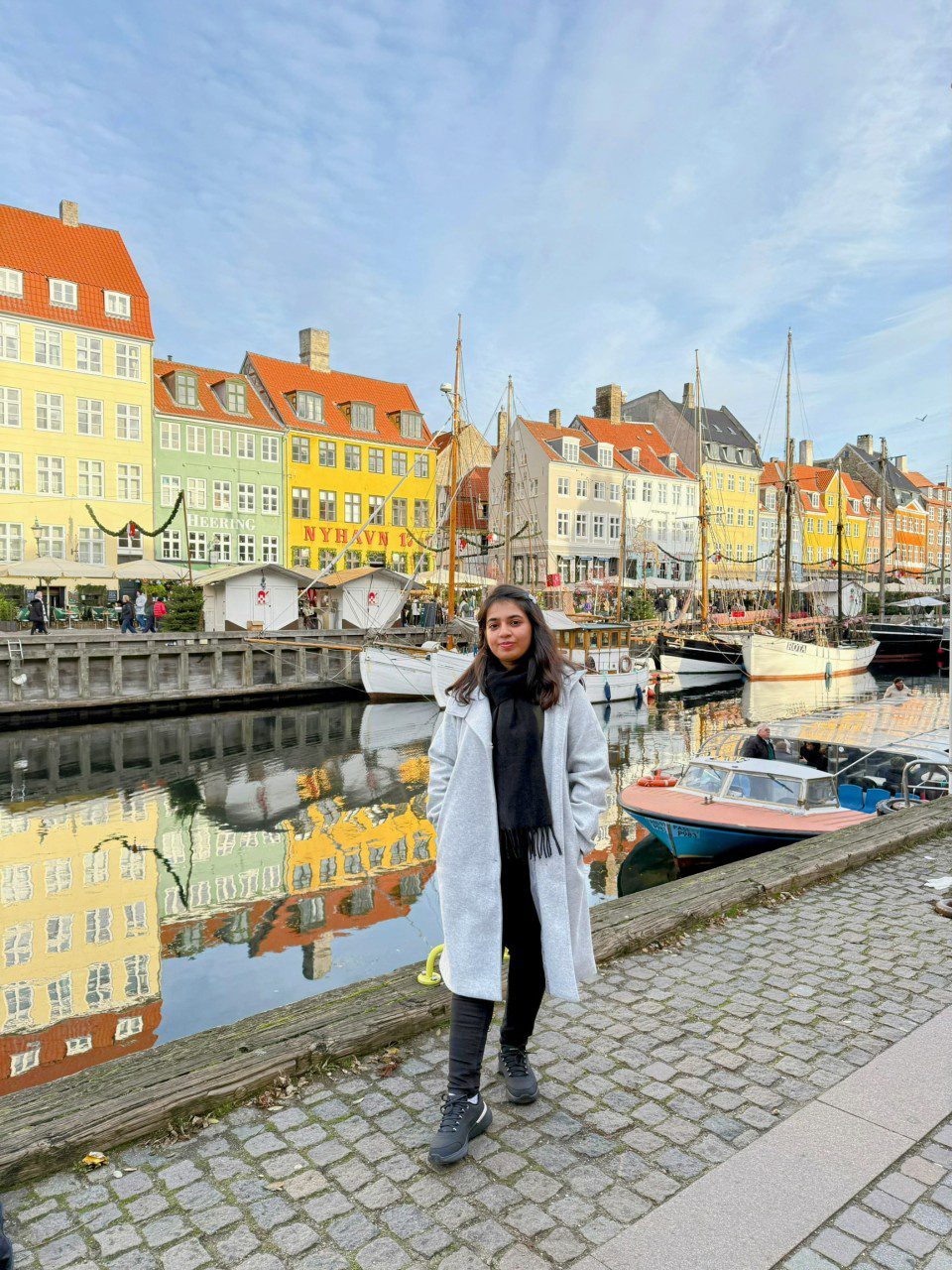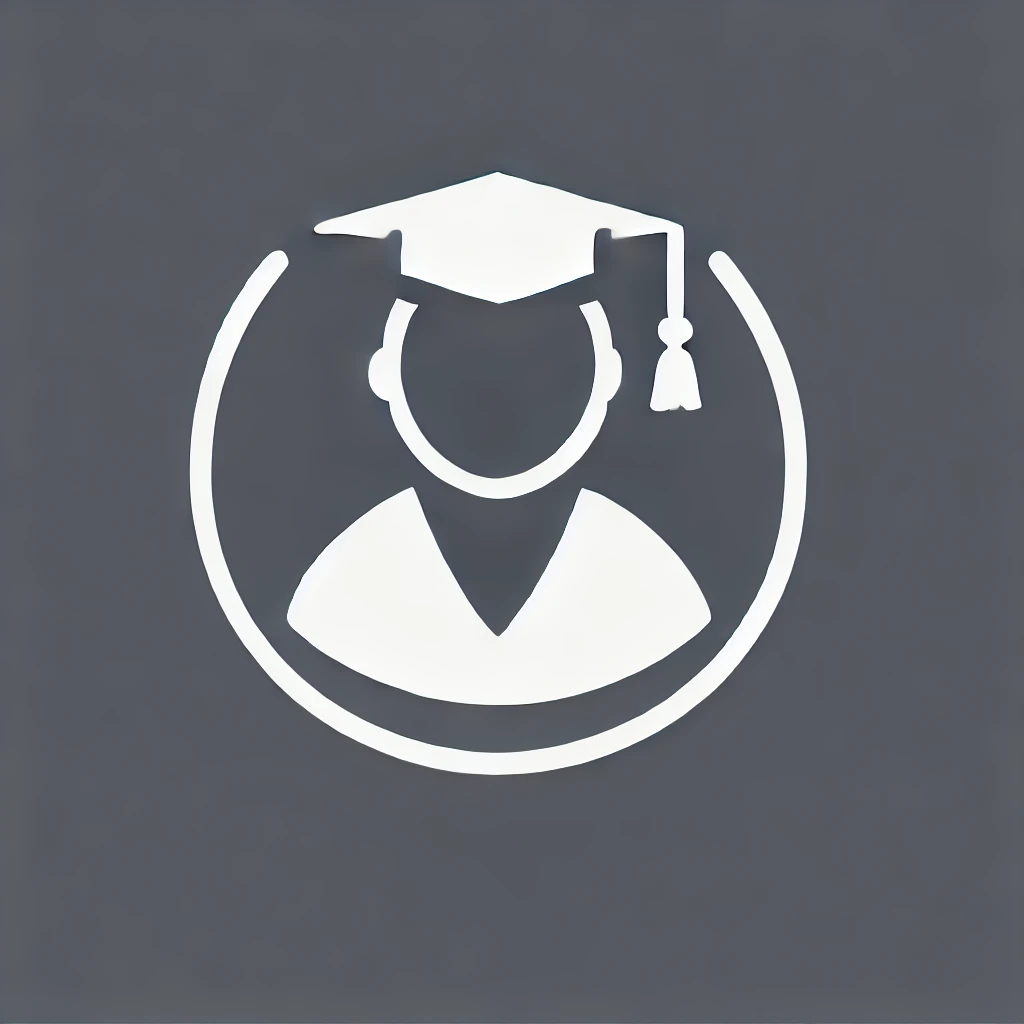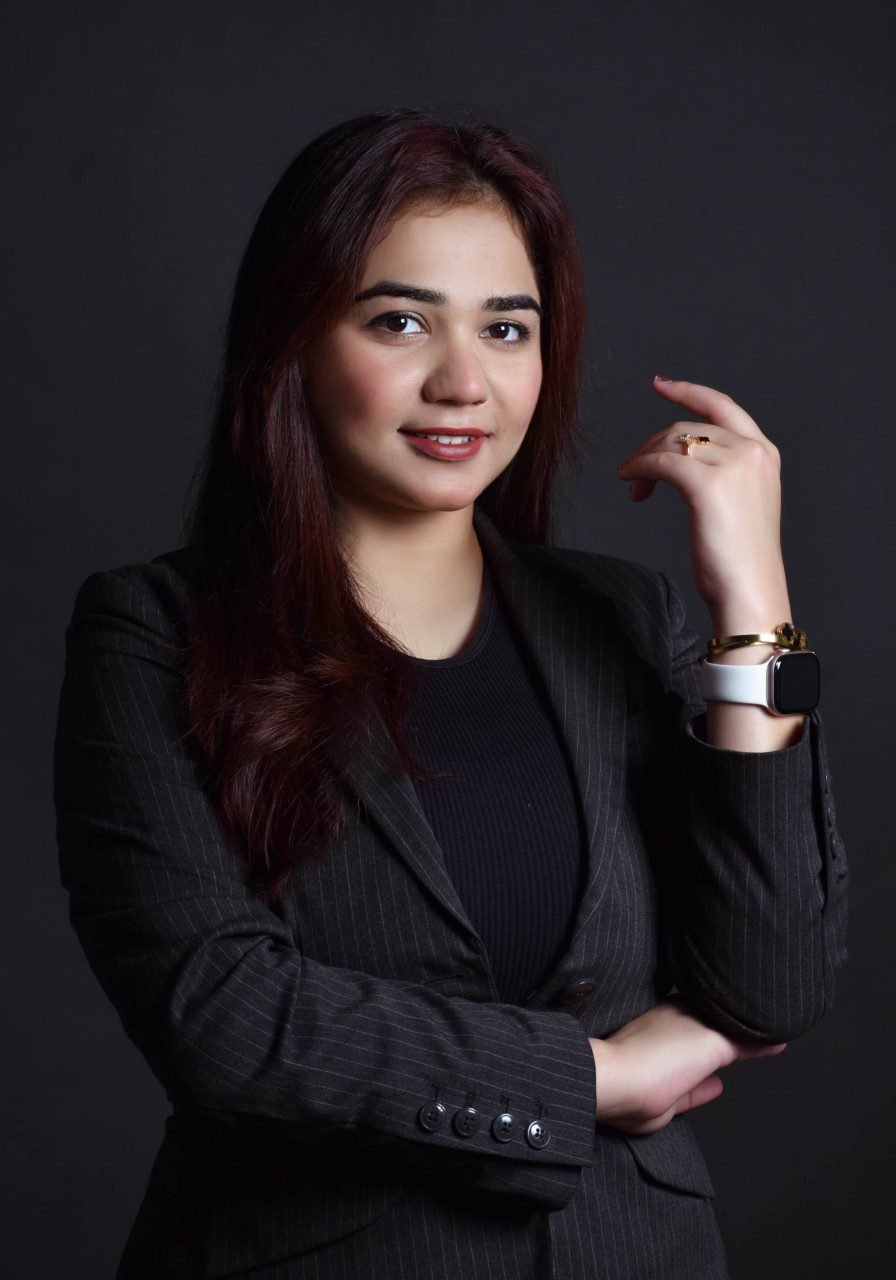MEXT Research Scholar, Lubanda (Luyando) Hamweendo from Zambia, Pursues Clinical Neuroscience Research at Kyoto University
University: Kyoto University
Degree: Research in Clinical Neuroscience (MEXT Research Student)
Previous Education: BSc in Mental Health and Clinical Psychiatry – Zambia (with Diploma in Mental Health and Clinical Psychiatry)
Scholarship: MEXT (Monbukagakusho) Research Student Scholarship – Fully Funded (Tuition, Stipend, Travel, Visa/Accommodation Support)
Social Media

The Journey
My name is Lubanda (Luyando) Hamweendo. I’m a Zambian mental health clinician with five years of clinical experience specialising in mental health and clinical psychiatry. I’m a member of ISSUP and was the youngest member of the technical committee that drafted Zambia’s first mental illnesses standard treatment guidelines. Over the years, my clinical work and policy experience deepened a passion for child and adolescent psychiatry, particularly concerns about the long-term use of neuroleptics (antipsychotics) in children. I’ve long admired Japan’s medical training and research culture, so I applied for the MEXT Research Student Scholarship and was fortunate to be admitted to Kyoto University to pursue research in clinical neuroscience.
MEXT Scholarship Details
Scholarship: MEXT (Monbukagakusho) Research Student Scholarship
Institution: Kyoto University
Funding: Full research scholarship support (tuition support and the standard MEXT benefits, including a monthly stipend and support for travel/visa/accommodation as applicable through the scholarship route)
It must be noted that MEXT has a few routes, and administrative details differ by year and country. The important part for me was that it covered the core costs and allowed me to focus on research.
Educational Background
BSc in Mental Health and Clinical Psychiatry (plus a Diploma in Mental Health and Clinical Psychiatry)
Certificates: Fundamentals of Domestic Violence and Abuse, Drug Use Prevention, and a few others.
Professional experience: ~5 years clinical work, committee work on national treatment guidelines, development of a smoking cessation program, involvement in rehabilitation settings, membership in ISSUP.
This clinical and policy background helped me shape a clear, feasible research question grounded in real-world problems I would have seen in practice (the use and long-term effects of neuroleptics in children), which made my application credible and relevant to clinical neuroscience.
How I Prepared to Apply to Kyoto University
I identified supervisors whose research aligned with my interests and read their recent papers thoroughly. (Early reading helped me write a focused research proposal that matched the lab’s strengths.)
I emailed potential supervisors with a concise, well-referenced research idea and my CV, being specific about how my clinical experience would contribute to the lab, made those emails work. Though I must admit, I did not get the feedback I hoped for from some universities.
I wrote a clear research proposal and a strong statement of purpose showing why Japan and Kyoto University were the right fit. This was at the start of everything, from the interviews done in Zambia with the embassy to the final point of selection.
I prepared and gathered supporting documents early: transcripts, recommendation letters, a polished CV, and any required certificates. I made sure that all the documents were as the embassy wanted them and got recommendations from the right sources.
How I Found Information About the MEXT Scholarship and Kyoto University
I have known about the scholarship since my high school days, as I initially applied for an undergraduate program 10 years ago but was unsuccessful.
I was told of this by a friend who got the scholarship the previous year, and I stumbled upon the opening on the Embassy Facebook page
Standardized Tests
Many graduate scholarship routes require English or Japanese proficiency proof, or at least expect you to demonstrate English ability. When applying, we also had to take the English and Japanese tests prepared by the Embassy. Before my university entrance exams, I had to write TOEIC as they wanted English proficiency results from the last two years.
How I Prepared Specifically for the MEXT Scholarship Application
Tailored the research proposal to match the prospective supervisor’s lab capabilities and their recent publications.
Highlighted leadership and impact (committee work, drafting national guidelines, program development) in my CV and personal statement.
Secured strong reference letters from supervisors/mentors who could speak to both my clinical competence and research potential.
Practiced interview-style questions so I could explain how the study would be doable and ethically sound.
Paid attention to administrative detail. Correctly formatted transcripts and meeting embassy or university deadlines.
Experience at Kyoto University (Early Reflections)
My time at Kyoto University has been intellectually stimulating. The research environment is rigorous, with regular meetings, strong mentorship, and multidisciplinary collaboration. Supervisors and lab members have been supportive; the international student office provides practical help with visa, housing, orientation, and every other thing that I needed to do. There’s a clear culture of high-quality research and careful mentoring, which suits someone coming from a clinical background who wants to learn experimental and translational neuroscience methods. The knowledge one gets is also broad, as you learn from the research fellow lab members from different career backgrounds are doing.
Academic rating & language of instruction
Academic rigor: High — Kyoto University is research-intensive and expects students to be proactive and disciplined.
Language of instruction: Many graduate-level research programs and seminars for international students are conducted in English, but lab meetings and some administrative coursework can be bilingual (Japanese/English). Kyoto University also offers Japanese language classes and support for international students.
Will not knowing Japanese cause academic problems?
Not knowing Japanese at the start is manageable academically for many research programs where the supervisor and lab use English. However, learning basic Japanese quickly is highly beneficial for daily life, integration into the lab culture, networking, and some local administrative tasks. If you plan to do research with local patients, Japanese proficiency becomes essential for lab based research it’s less urgent but still strongly recommended.
What Made My Application Stand Out
Clear, clinically relevant research question grounded in my real-world clinical experience (concern about long-term neuroleptic use in children).
Concrete evidence of leadership and impact: youngest member on the national technical committee for treatment guidelines, program development work.
In alignment with the supervisor’s research, I demonstrated how my proposal would fit the lab’s methods and strengths.
Strong, targeted recommendation letters and a professional, well-structured application package.
What I Would Have Done Differently
Begin language study earlier — a head start on Japanese would have eased the transition.
Document and prepare outputs sooner — pursue a small publication or conference abstract earlier to strengthen the research track record.
Advice for Future Applicants
- Start early. Scholarship cycles, recommendation letters, translations, and embassy schedules all take time.
- Read supervisors’ work. Tailor your proposal so it actually fits the lab you’re applying to — generic proposals don’t stand out.
- Show impact. Demonstrate how your research will address a real problem and how your background qualifies you to do it.
- Secure strong referees. Choose recommenders who know your work well and can speak to both clinical skill and research potential.
- Practice tests and interviews. Know the tests required, and prepare to explain methodology and feasibility simply and clearly.
- Network with alumni and current scholars. Their practical tips about logistics, culture, and scholarship strategy are gold.
- Learn the local language basics. Even modest language ability helps a lot with life and integration
- Be persistent. Rejections or requests for revision are part of the process — adapt and improve.
Want to submit your
scholarship journey?
Submit Your Story Here!
More Scholarship Recipients

I am Sabeen Imran, coming from Pakistan, where I did my Bachelor's in Environmental Sciences from the University of Veterina .... Read more

My name is Ivena Nathania Victor; you can call me Ivena. I have a Master’s of Science and Master’s of Arts degree in Cli .... Read more

My name is Aisha Lareb, and I am from Sindh, Pakistan. Growing up, I witnessed the challenges faced by women in my community .... Read more

Leave A Comment